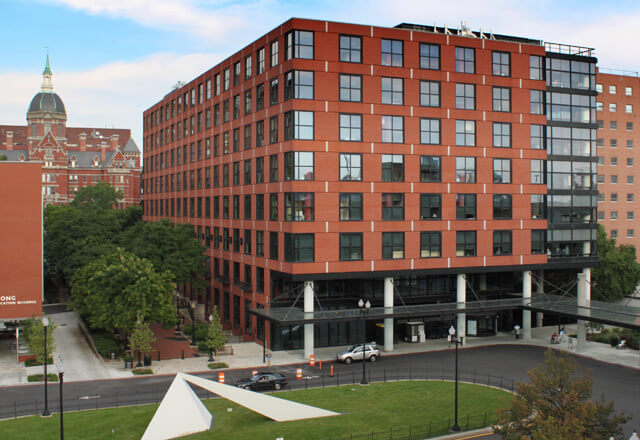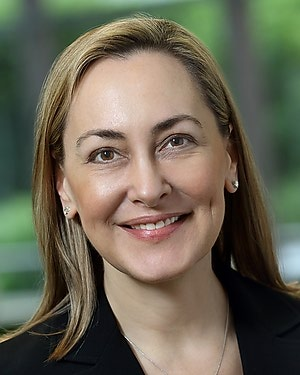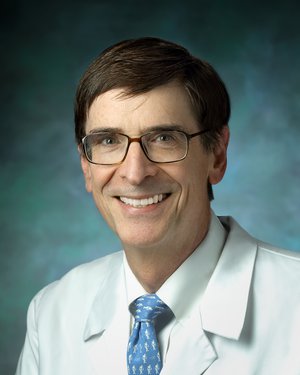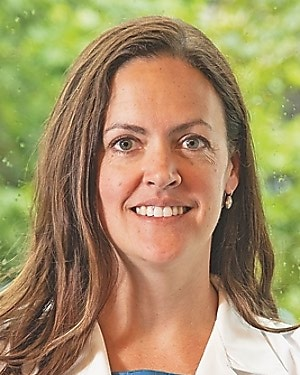-
James H. Clark, MBBChBAO

- Co-Director, Johns Hopkins Dysphagia and Deglutition Clinic
- Assistant Professor of Otolaryngology-Head and Neck Surgery
-
David W. Eisele, MD
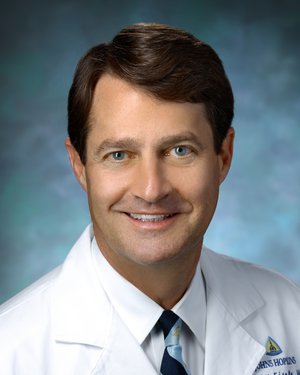
- Andelot Professor of Laryngology and Otology
- Professor of Otolaryngology-Head and Neck Surgery
-
Jonathan Walsh, MD
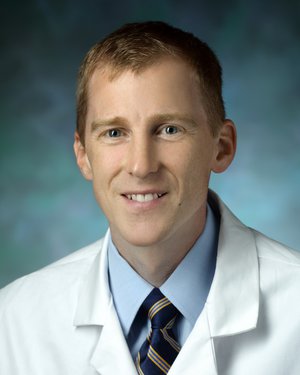
- Associate Residency Program Director
- Associate Professor of Otolaryngology-Head and Neck Surgery
-
Meet Our Specialists
Meet our experts who are dedicated to helping those diagnosed with salivary gland disorders.
-
Conditions We Treat
Learn more about the conditions we treat at the Johns Hopkins Salivary Gland Center.
-
Appointments and Locations
Request an appointment at one of our convenient locations.
Schedule an Appointment
Schedule by phone
Schedule online through MyChart
Conditions We Treat
-
Salivary stones, also called sialolithiasis, are hardened mineral deposits that form in the salivary glands. A stone that blocks the duct of a salivary gland can cause an infection (sialadenitis).
What to Expect
Our experts will take a detailed medical history and perform a head and neck examination, which may include the doctor manually examining the salivary glands inside your mouth to feel for stones.
The best way to detect salivary stones is with a CT scan, which will show the number, size and location of stones — information that is essential to treatment planning.
Good hydration, gland massage and salivary stimulation are recommended before stone removal.
If a salivary stone is causing you discomfort, ibuprofen or other nonsteroidal anti-inflammatory drugs (NSAIDs) can help with swelling and pain. Your doctor may also prescribe an antibiotic to address infection.
Stones should be removed to avoid complications such as infection or abscess. In most cases, the surgeon can take the stone out while preserving the salivary gland, but sometimes the surgeon will need to resect (remove) the affected gland. Sialendoscopy is an endoscopic procedure that the surgeon may use as part of your surgical treatment.
-
Salivary gland tumors may be benign (non-cancerous) or malignant (cancerous). Tumors can grow in the parotid glands on the side of the face, in the submandibular glands under the jaw, or in the sublingual glands under the tongue.
Salivary gland cancer is a disease in which cancerous cells are found in one of these three types of salivary glands. Often, the only symptom of a salivary gland tumor is a lump or mass that may be painless.
What to Expect
The first step in addressing a salivary gland tumor is diagnosis. A biopsy can help the doctor understand more about the cells in the tumor and how likely they are to multiply and spread. The biopsies used to learn more about tumors in the salivary glands are fine needle aspiration biopsy and incisional biopsy. Your doctor will choose the biopsy type that is better for you.
If the biopsy confirms salivary gland cancer, your doctor is likely to recommend surgery as the first line of treatment. Some salivary gland cancer patients are candidates for transoral robotic surgery. If the salivary gland cancer is considered high grade, based on the shape of the cells and the number of places where the cancerous cells are actively dividing, your doctor may prescribe radiation therapy following surgery.
-
Salivary glands can become infected by bacteria (especially strains of Staphylococcus, or staph) or viruses. Salivary gland infection, also called sialadenitis, is most likely to affect one of the parotid salivary glands near the ears on the side of the face, or the submandibular salivary glands under the jaw.
What to Expect
Your Salivary Gland Center doctor will take a detailed medical history and examine your salivary glands manually. If there is evidence of a salivary stone or blockage, imaging tests such as computed tomography (CT) or ultrasound will help determine if a blockage is present.
Treatment is essential because salivary infections can get worse. The infection can spread into the deep tissues and bones of the head and neck or cause severe swelling that affects breathing.
Treatment involves hydration to increase salivary flow and gland massage. Your therapy plan may include steps to address any underlying condition such as a salivary stone or tumor that is blocking the gland.
Why Choose the Johns Hopkins Salivary Gland Center
History & Leadership

Advanced Research
Highly Trained Specialists

Parotid Salivary Gland Tumor: Jubenal's Story
After discovering a lump in his neck that was diagnosed as a malignant parotid gland tumor, Jubenal, a Connecticut-based firefighter and paramedic, traveled to Baltimore to seek help from head and neck surgeon David Eisele.
Meet Our Specialists
Head and neck surgeons treat salivary gland conditions. If cancer is detected, our team of radiation oncologists work closely with your head and neck surgeon to provide a comprehensive treatment plan.
Sialendoscopy Specialists
Head & Neck Surgeons
-
David W. Eisele, MD

- Andelot Professor of Laryngology and Otology
- Professor of Otolaryngology-Head and Neck Surgery
-
Carole Fakhry, MD MPH
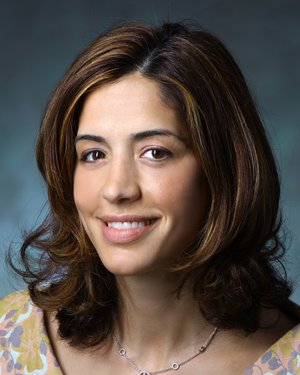
- Director, Johns Hopkins Head and Neck Cancer Center
- Professor of Otolaryngology-Head and Neck Surgery
-
Wojtek Mydlarz, MD
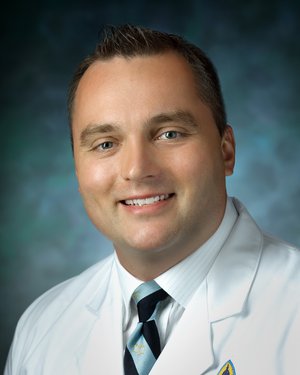
- Director, Head and Neck Surgery - National Capitol Region
- Associate Professor of Otolaryngology-Head and Neck Surgery
Radiation Oncologists
-
Brandi R. Page, MD
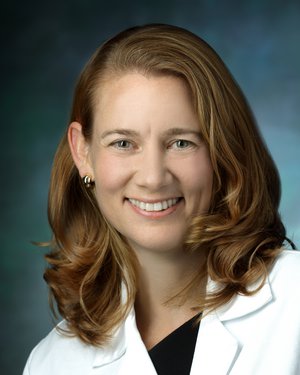
- Director of Fellowships, Johns Hopkins University School of Medicine Department of Radiation Oncology
- Assistant Professor of Radiation Oncology and Molecular Radiation Sciences
-
Harry Quon, MD MS

- Co-Director, Johns Hopkins Head and Neck Cancer Multidisciplinary Clinic
- Associate Professor of Radiation Oncology and Molecular Radiation Sciences
Pediatric Otolaryngologists
Carolyn M. Jenks, MD
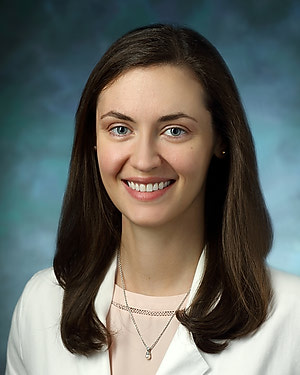
- Associate Residency Program Co-Director
- Assistant Professor of Otolaryngology-Head and Neck Surgery
Care Locations
Johns Hopkins Health Care & Surgery Center Otolaryngology — Head and Neck Surgery, Bethesda
Johns Hopkins Health Care & Surgery Center
6420 Rockledge Drive, Suite 4920
Bethesda, MD 20817
Google Map
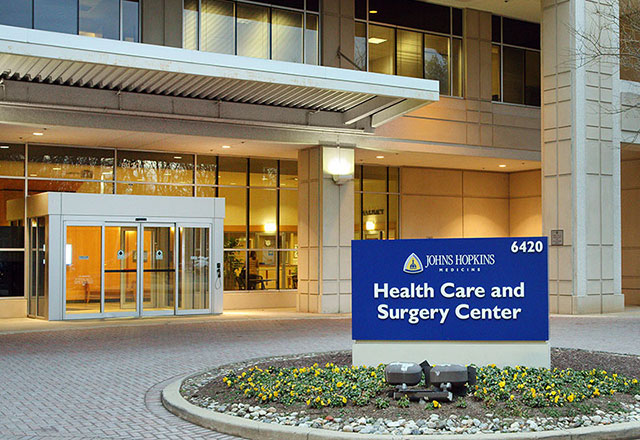
Levi Watkins, Jr, MD, Outpatient Center
The Johns Hopkins Hospital
601 N. Caroline St.
Baltimore, MD 21287
Google Map | Campus Map
